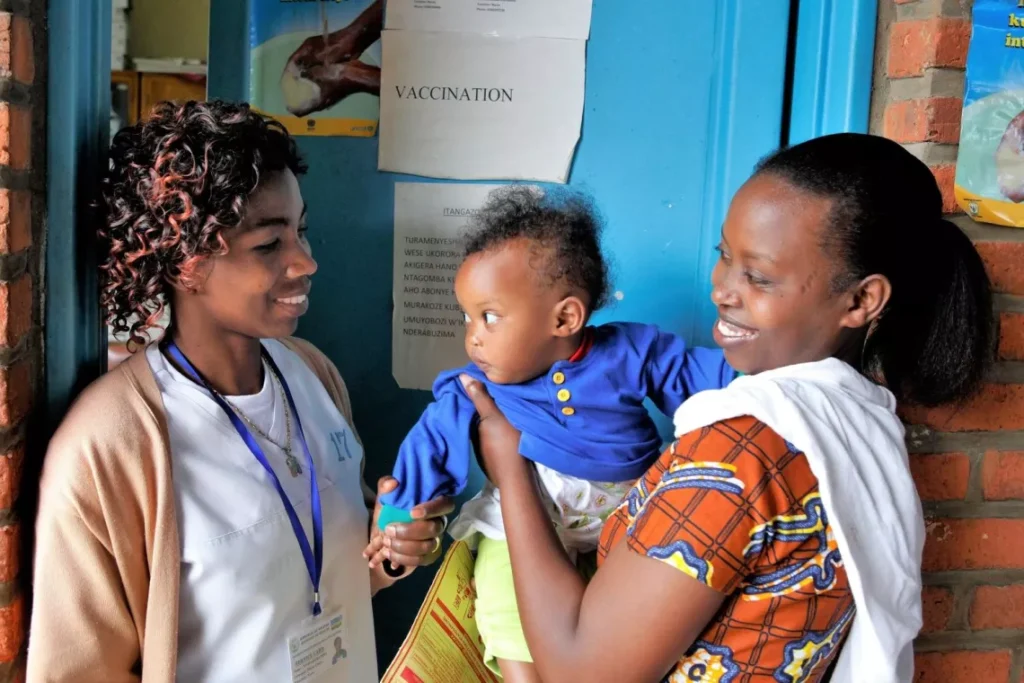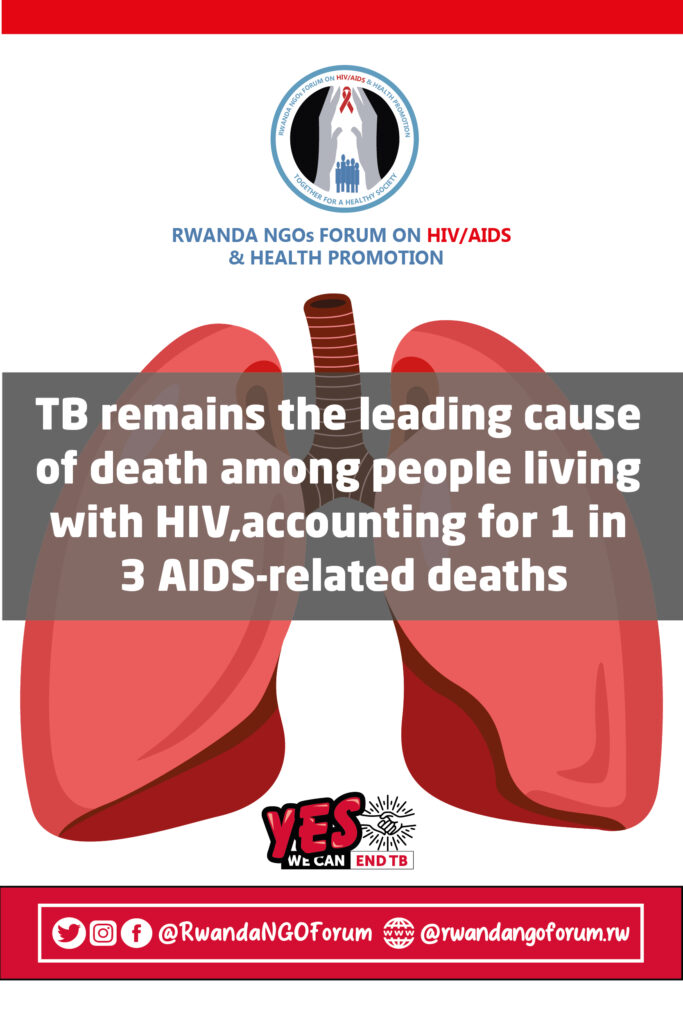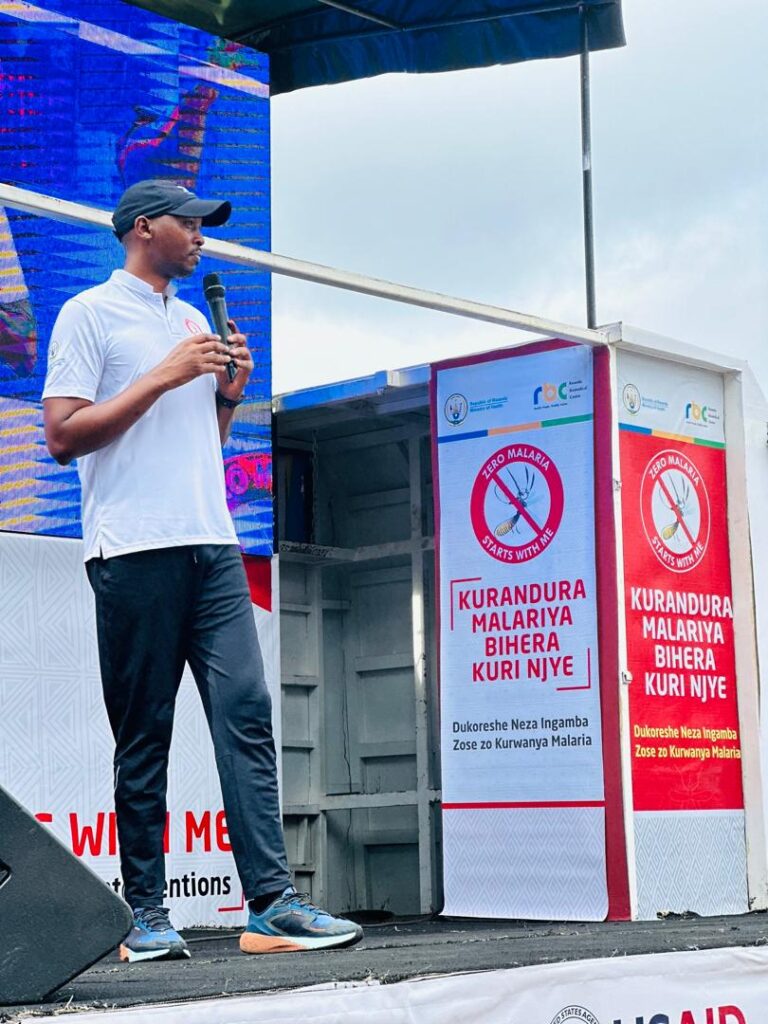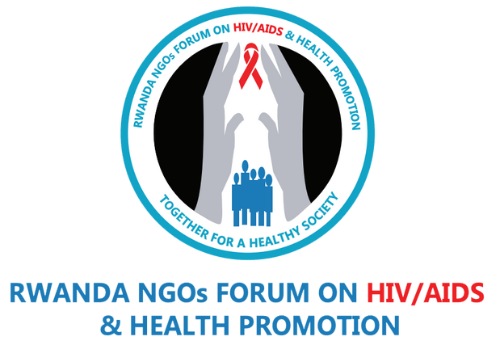Why We Exist
- Home |
- Why We Exist
Background
Rwanda has made commendable progress in fighting HIV/AIDS, tuberculosis (TB), and malaria. National strategies, supported by strong partnerships and community involvement, have led to major improvements in public health outcomes. However, key populations continue to bear a disproportionate burden, and targeted efforts are essential to sustain the gains made and close remaining gaps.

HIV/AIDs
Rwanda’s national HIV prevalence among adults aged 15–49 stands at 2.6% among women and 2.0% among men, according to the 2018–2019 Rwanda Population-based HIV Impact Assessment (RPHIA). Despite the relatively low national prevalence, key populations remain heavily affected. The HIV prevalence is 34% among female sex workers, 6.5% among men who have sex with men, and significantly higher among young women aged 20–24, who are three times more likely to be infected than young men (1.8% vs. 0.6%).
Rwanda is among the few countries in Africa to have achieved the 95-95-95 UNAIDS targets, estimated through Spectrum modeling as 95% of people living with HIV (PLHIV) know their status, 98% of those are on treatment, and 97% of those on treatment are virally suppressed. These achievements reflect the country’s strong political will, effective service delivery systems, and robust community engagement.
However, continued efforts are needed to:
i) Address gender disparities in infection rates and service access
ii) Combat stigma and discrimination
iii) Improve access to prevention services for key and vulnerable populations
iv) Strengthen youth-focused programs and comprehensive sexuality education
Rwanda is among the few countries in Africa to have achieved the 95-95-95 UNAIDS targets, estimated through Spectrum modeling as 95% of people living with HIV (PLHIV) know their status, 98% of those are on treatment, and 97% of those on treatment are virally suppressed. These achievements reflect the country’s strong political will, effective service delivery systems, and robust community engagement.
However, continued efforts are needed to:
i) Address gender disparities in infection rates and service access
ii) Combat stigma and discrimination
iii) Improve access to prevention services for key and vulnerable populations
iv) Strengthen youth-focused programs and comprehensive sexuality education

Tuberculosis (TB)
Although Rwanda is not classified as a high-burden TB country, the disease remains a public health concern. The incidence rate has steadily declined from 100 per 100,000 in 2003 to 56 per 100,000 in 2022. Yet, the country still faces challenges in reaching undiagnosed patients—both asymptomatic and symptomatic.
The 2024 Mid-Term Review (MTR) of the National Strategic Plan for TB highlights several areas needing improvement:
The 2024 Mid-Term Review (MTR) of the National Strategic Plan for TB highlights several areas needing improvement:
- Low uptake of new diagnostic tools and medicines
- Limited community knowledge and delayed health-seeking behavior
- Inadequate private sector engagement
- Gaps in TB Preventive Therapy (TPT) for people living with HIV.
Malaria
Malaria control efforts in Rwanda have produced impressive results. According to the 2022–2023 Annual Report, nearly all 30 districts recorded a drop in malaria cases. Notable outcomes include:
Currently, 55% of malaria cases are managed by Community Health Workers (CHWs), and Rwanda aims to raise this figure to 80% to enhance accessibility and early treatment at the community level.
- 76% decline in incidence: from 321 cases/1,000 people to 76 cases/10,000
- 74% reduction in severe cases: from 7,954 in 2018/19 to 1,831 in 2021/22
- 73% decrease in malaria-related deaths: from 264 to 71
Currently, 55% of malaria cases are managed by Community Health Workers (CHWs), and Rwanda aims to raise this figure to 80% to enhance accessibility and early treatment at the community level.

Non-Governmental Organizations (NGOs) play a pivotal role in Rwanda’s ongoing efforts to address HIV/AIDS, TB, and Malaria. Their work spans across health education, outreach, prevention, treatment support, and advocacy—especially among key and vulnerable populations. NGOs are uniquely positioned to bridge the gap between communities and the formal healthcare system, helping identify service delivery gaps, address human rights and gender-related barriers, and ensure that health services are accessible.
As Rwanda continues to build on its progress, the contribution of NGOs remains essential in mobilizing communities, generating data and evidence, and pushing for inclusive and responsive health policies. Their grassroots presence and people-centered approach ensure that no one is left behind in the fight against these three major public health threats.
As Rwanda continues to build on its progress, the contribution of NGOs remains essential in mobilizing communities, generating data and evidence, and pushing for inclusive and responsive health policies. Their grassroots presence and people-centered approach ensure that no one is left behind in the fight against these three major public health threats.
